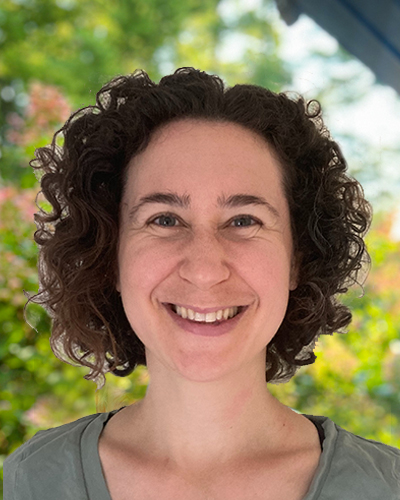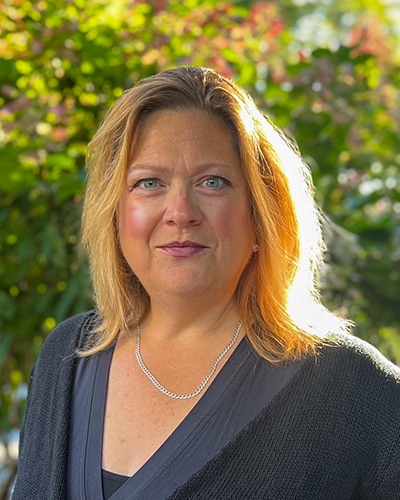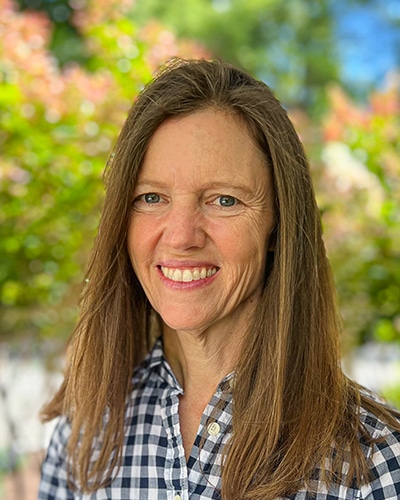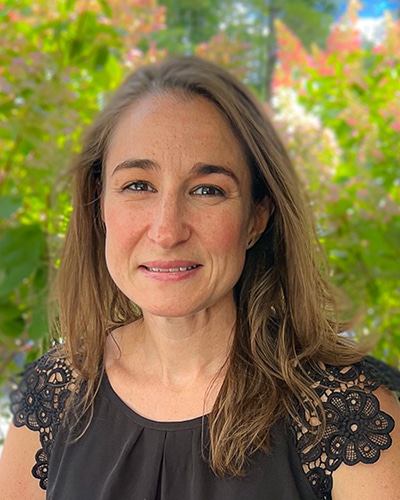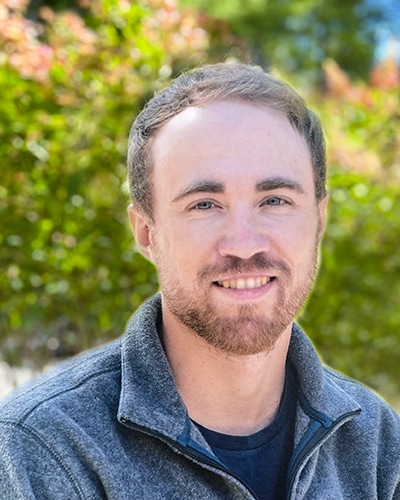Fourth Grade
Students begin the year with a focus on place value, estimation, and addition and subtraction through the millions. Building upon their automaticity with basic facts, they multiply and divide by two digits through conceptual models, including partial products multiplication and partial quotient division. They explore fractions and decimals through real-life examples. Students’ thinking broadens to abstract reasoning, regularly writing equations with variables to represent the unknown. They continue to justify their thinking using pictorial, verbal, and written responses for problem solving. Everyday problems and data provide opportunities for the students to analyze, organize, estimate, and calculate.
The Fourth Grade reading program is designed to help students develop active reading skills and an appreciation for literature. Students read from a variety of genres. Students practice reading with fluency and oral expression. Students practice finding the main idea, making predictions, recalling details, sequencing story events, recognizing themes, making inferences, and summarizing. Students communicate their understanding of the reading material in class discussions and in written responses to comprehension questions. They also complete final projects that include written and artistic work for each of the novels they read. Teachers emphasize proofreading and editing skills. In addition to assigned reading, students are encouraged to spend at least 20 minutes per day at home independently reading books of their own choosing.
The Fourth Grade writing program encourages students to develop their voice and increase their technical skills. This is accomplished through a variety of writing assignments, specific skill lessons, and individual conferencing. The writing program utilizes a workshop model, which involves drafting, revising, and conferencing before final editing and publishing. Students work on a combination of assigned topics, as well as, topics of their choice. Throughout the writing process, students are given an opportunity to share published pieces and works in progress. As Fourth Graders develop their writing skills, they focus on poetry, narrative writing, persuasive writing, nonfiction and creative writing. Fourth Grade writers follow the steps of the writing process: brainstorming, organizing, drafting, and revising their written work. Students continue to practice their typing skills in Fourth Grade, and use Google Docs to publish most writing assignments. Students are also taught how to organize and develop an essay, progressing from a one-paragraph essay to a three-paragraph essay to a five-paragraph essay.
Students learn writing mechanics through explicit instruction and practice proofreading and editing their own writing. Topics covered include punctuation, capitalization, spelling rules, and parts of speech. The Fourth Grade spelling program focuses on identifying spelling rules, generalizations, and patterns. In addition, students learn new vocabulary words through the rich texts they experience in reading class.
Fourth Graders explore the founding of the United States. As they examine the history of this country from diverse perspectives, they will practice “thinking like a historian.” Fourth Graders will engage with both primary and secondary sources, including drawings, maps, and texts, and will learn to think critically to understand the past. Students will have opportunities to demonstrate their learning through hands-on projects, and they will also practice crafting arguments in written assignments.
Fourth Grade continues French instruction using a comprehensible input approach to language. This method aims to replicate how native language is learned by children. The method focuses on storytelling and songs to introduce students to language. The goal is to build vocabulary and comfort with the language and to engage the students in a natural environment. In this manner, students acquire the language that is meaningful to them.
Fourth Grade science classes are a blend of science disciplines, including life, earth, physical, environmental science, engineering and design, and robotics.
Students have a double period in the Imagination Lab to allow them to work on more complex STEAM projects that can incorporate engineering, design, robotics, and more.
Intermediate students are introduced to more complex art skills and concepts which include shading to create more three dimensional drawings, perspectives with vanishing points, printmaking to create multiples, wheelworking, and assemblage sculptures. Along with each project there is a theme relating to an Artist, art movement/style, cultural and/or historical connection. For example, students learned how to create coil pots in the ceramic studio while learning about Peruvian and Incan ceramics. Seeing and talking about pottery from hundreds of years ago gives the students a new perspective.
BCD uses a blend of traditional and non-traditional music instruction in order to make music more accessible to all student abilities. Using an “Action Learning” approach to music instruction, students put into practice what they learn in class by creating music that is meaningful to them. Students explore composition through the utilization of Orff instruments, singing, ukulele, bucket drumming, and music technology.
Starting in the Fourth Grade, BCD offers concert band. Students choose from a selected list of wind and percussion instruments. Students participate in small group lessons once a week during the school day as well as meet once a week as an entire ensemble. Concert band is a way for students to engage with other musicians while learning to work together, and follow conductor cues in a traditional setting.
Class meetings are also held once a week to help students through many of the day-to-day life skills of being a Fourth Grader. Students feel free to raise concerns and speak openly and honestly with their peers if the need should arise. Lessons and activities focus on life skills such as dealing with peer pressure, decision making, and managing the day to day expectations. The Character Strong program continues in Fourth Grade with similar overarching themes from past years, though now at a higher level.
Fourth Grade begins woodworking in the spring semester. As they familiarize themselves with the woodworking tools and safety protocols, they will begin simple woodworking projects as they develop skills under teacher supervision.
The Fourth Grade technology curriculum continues to focus on information literacy skills. Students start the year focused on digital citizenship. The goal of this is to raise student awareness of their digital life and provide opportunities to discuss what to do when something goes wrong. Students work on projects where they examine nonfiction works, and various online encyclopedias to inform their research. They learn how to use Google search to find the best outcome for what they need, and practice keyword searching as part of their study. Students will learn how to optimally utilize Google Suites for Education.
Fourth Grade students have one assigned study hall. In the fall semester, they are instructed in study skills that they will use as they advance in grade levels at BCD and beyond.
Students are introduced to basic wilderness skills to familiarize the students with the nature around them. The academic themes include Wilderness Safety, Plant & Tree Identification, Animal Adaptations, Hibernation and Migration, Winter Wildlife, Animal Tracking, Birds, and Nature Journaling. Each theme features lessons, interactive games, and activities, creating a fun learning experience for the students.
Students continue to build skills appropriate to this developmental stage. Fair play and cooperation is a focal point throughout the course, as we lay the foundation for team sports.
Department Faculty
